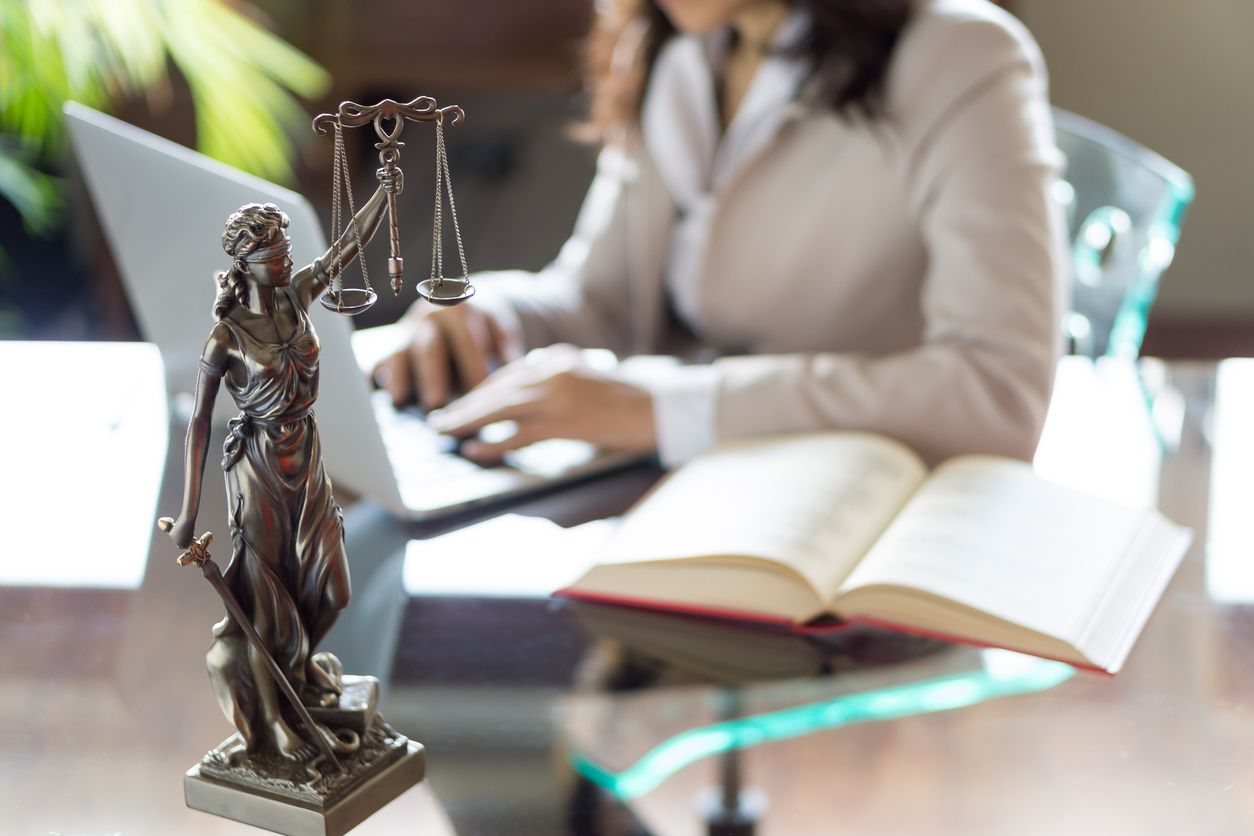Introduction
When it comes to personal injury cases, evidence serves as the backbone of any claim. It determines the outcome of a case and can significantly affect the compensation you receive. Whether you're working with Phoenix injury lawyers, medical malpractice attorneys in Phoenix, AZ, or a car accident lawyer near me, understanding how evidence is collected, preserved, and presented is crucial. This article aims to provide an in-depth exploration of the importance of evidence in personal injury cases, equipping clients with the knowledge they need to navigate their claims effectively.

The Importance of Evidence in Personal Injury Cases: A Guide for Clients
What Is Evidence in Personal Injury Law?
Evidence encompasses all forms of information that can support your case. In personal injury law, this includes documents, witness testimonials, accident reports, photographs, videos, and more. The weight and credibility of this evidence can make or break your claim.
Types of Evidence Commonly Used
- Documentary Evidence: Medical records, bills, employment records. Physical Evidence: Objects related to the incident (e.g., damaged vehicles). Witness Testimony: Statements from bystanders who witnessed the event. Expert Testimony: Insights from professionals like medical experts or accident reconstructionists.
How Evidence Influences Case Outcomes
The strength of your evidence directly correlates with your likelihood of receiving compensation. Stronger evidence can lead to quicker settlements and higher awards.
Why Clients Should Understand Evidence Collection
Understanding how evidence is collected helps clients ensure their rights are protected. It also empowers them to take proactive steps that can bolster their cases.
Understanding the Role of Personal Injury Lawyers
Who Are Personal Injury Lawyers?
Personal injury lawyers specialize in representing clients harmed due to Best personal injury lawyer in Phoenix https://www.moseleycollins.com/ someone else's negligence. Their expertise lies in gathering and presenting evidence effectively.
Why You Need a Personal Injury Lawyer
Having a knowledgeable attorney increases your chances of success. They understand local laws—like those upheld by Phoenix accident attorneys—and know how to navigate complex legal processes.
Key Responsibilities of Your Lawyer
- Conducting thorough investigations. Collecting relevant evidence. Negotiating with insurance companies on your behalf.
How Phoenix Injury Lawyers Handle Evidence
Initial Consultation: Setting Up Your Case
During your first meeting with a personal injury lawyer in Phoenix, they will outline what types of evidence will be important for your case.
Gathering Physical Evidence
Your attorney will take steps to collect any physical evidence related to your accident—a crucial step when establishing liability.
Documenting Medical Records
Medical records play a pivotal role in substantiating claims regarding injuries sustained during accidents.
The Process of Collecting Evidence
Steps for Effective Evidence Collection
Immediate Documentation:- Take photographs at the scene. Gather contact information for witnesses.
- Get copies of all medical treatments and bills.
- Secure police reports if applicable.
- Hire experts if necessary (e.g., accident reconstruction specialists).
The Role of Insurance Companies
Insurance companies often attempt to minimize payouts by disputing claims based on insufficient or weak evidence. Hence, having solid proof is vital.
Challenges in Collecting Evidence
Common Obstacles Clients Face
- Time constraints may hinder immediate documentation. Emotional distress can cloud judgment during critical moments post-accident.
Solutions for Overcoming Challenges
Engaging a qualified personal injury lawyer early on can alleviate many challenges associated with collecting strong evidence.
The Importance of Witnesses in Your Case
Why Witness Testimonies Matter
Witnesses can provide unbiased accounts that corroborate your version of events—essential when proving fault or negligence.
How Your Lawyer Can Help Secure Witnesses
Your attorney has experience reaching out and interviewing potential witnesses effectively without compromising their testimonies' integrity.
Digital Evidence: The New Frontier
Utilizing Technology for Evidence Collection
In today’s digital age, video footage from surveillance cameras or smartphones can serve as compelling pieces of evidence.
Social Media Considerations
What you post on social media could either bolster or undermine your case; therefore, it's wise to discuss online activity with your attorney.
Medical Records as Crucial Evidence
Understanding Medical Malpractice Cases
For those considering pursuing claims against healthcare providers—where medical malpractice lawyers come into play—the importance of meticulous medical documentation cannot be overstated.
Collaborating with Medical Malpractice Attorneys
These specialized attorneys will guide you through obtaining necessary medical records while ensuring their relevance securely supports your claim against negligent healthcare providers.
Legal Standards for Admissible Evidence
What Makes Evidence Admissible?
For any piece of evidence to be admissible in court, it must meet specific legal standards established by law:
Relevance: Must pertain directly to the case. Reliability: Must come from credible sources. Authenticity: Must be verifiable as genuine material related to the incident at hand.
FAQs About Personal Injury Cases
What should I do immediately after an accident?- Seek medical help first; then gather as much information about the incident as possible including photos and witness contacts.
- While it’s possible, navigating legal complexities alone could jeopardize your claim's success.
- Establish that the other party owed you a duty of care that they breached leading directly to damages sustained.
- Consult with your attorney about documenting new medical conditions which might reinforce or alter the initial claim.
- In Arizona, you typically have two years from the date of injury; however exceptions may apply.
- Compensation often includes medical expenses, lost wages, pain and suffering among others depending on case particulars.
Conclusion
In conclusion, understanding The Importance of Evidence in Personal Injury Cases: A Guide for Clients is paramount for anyone involved in such incidents. From collecting vital documentation immediately after an accident to navigating complex legal landscapes with experienced lawyers like Best personal injury lawyer in Phoenix AZ, every aspect hinges upon solid proof validating claims made against negligent parties. With clear insights into how different types of evidence work together within legal frameworks—clients are better equipped not only to protect themselves but also potentially secure favorable outcomes that reflect just compensation for their hardships endured during unfortunate events like car crashes or medical errors requiring intervention by expert Phoenix malpractice attorneys.